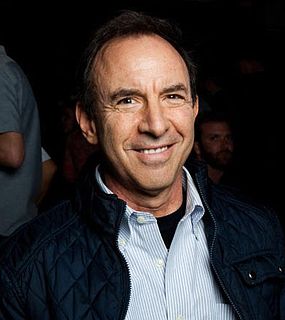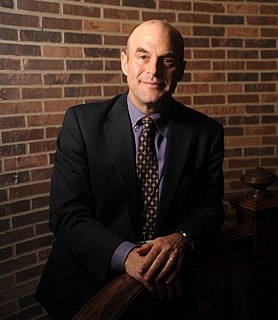A Quote by Michael Shnayerson
In the Eisenhower era, when earnings over $400,000 were subject to 91 percent taxes and the world was a smaller place, you could count the truly wealthy on one hand: Getty, Dupont, Mellon, Rockefeller, though even those fortunes were being dispersed to children as the old robber barons died off.
Related Quotes
Barack Obama is talking about cutting taxes. On net, he is a tax cutter. But the difference between Obama and John McCain is that Obama is raising some taxes on families, for example, with incomes over $250,000. Now, that amounts to about 2 percent, the richest 2 percent of American households. And even with those tax changes, even with all of the tax changes Obama's talking about, taxes will be lower under Obama than they were under the Clinton years.
According to the Tax Foundation, the average American worker works 127 days of the year just to pay his taxes. That means that government owns 36 percent of the average American's output-which is more than feudal serfs owed the robber barons. That 36 percent is more than the average American spends on food, clothing and housing. In other words, if it were not for taxes, the average American's living standard would at least double.
If we really believed that those who are gone from us were as truly alive as ourselves, we could not invest the subject with such awful depth of gloom as we do. If we could imbue our children with distinct faith in immortality, we should never speak of people as dead, but passed into another world. We should speak of the body as a cast-off garment, which the wearer had outgrown; consecrated indeed by the beloved being that used it for a season, but of no value within itself.
Take crack cocaine. Particularly in the early days of the policy, ninety percent of the people being arrested were black, even though they didn't use the drug at higher rates and even though their numbers in the general population are so low. How could that be? The thing is, you place all your resources in communities of color. And if you do that, you're going to arrest black people.
I’ve always liked to read about extremely wealthy people, especially when they are crazy (like Howard Hughes or Caligula.) While writing this book I did a lot of fun research on robber barons like Rockefeller and Morgan. But the most helpful stuff came from studying royal families and mad emperors. The best book I read was probably A King’s Own Story, which is the memoir of Edward VIII. Also, anything about Ivan the Terrible or Ted Turner.
In those days it was possible for a Greek to flee from an over-abundant reality as though it were but the tricky scheming off the imagination-and to flee, not like Plato into the land of eternal ideas, into the workshop off the world-creator, feasting one's eyes on the unblemished unbreakable archetypes, but into the rigor mortis off the coldest emptiest concept off all, the concept of being.
The Gilded Age robber barons - the Goulds, the Vanderbilts, the Morgans and Rockefellers - did quite well under laissez-faire. Most of the rest of Americans were still stuck in the ditch, with little to no economic security, life expectancy of roughly 45 years, and horrific infant mortality rates that claimed 300 babies per 1,000 in the cities.

































